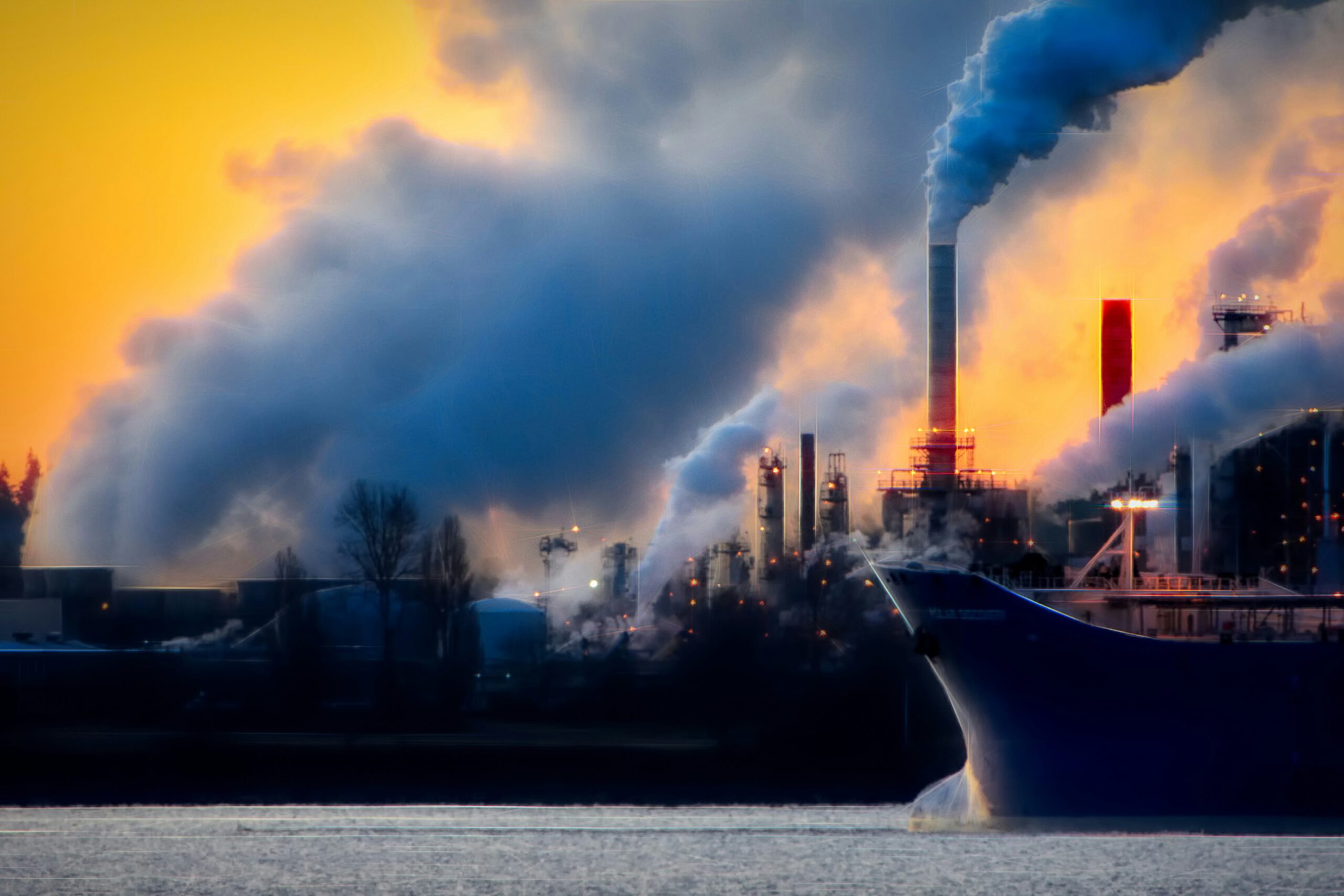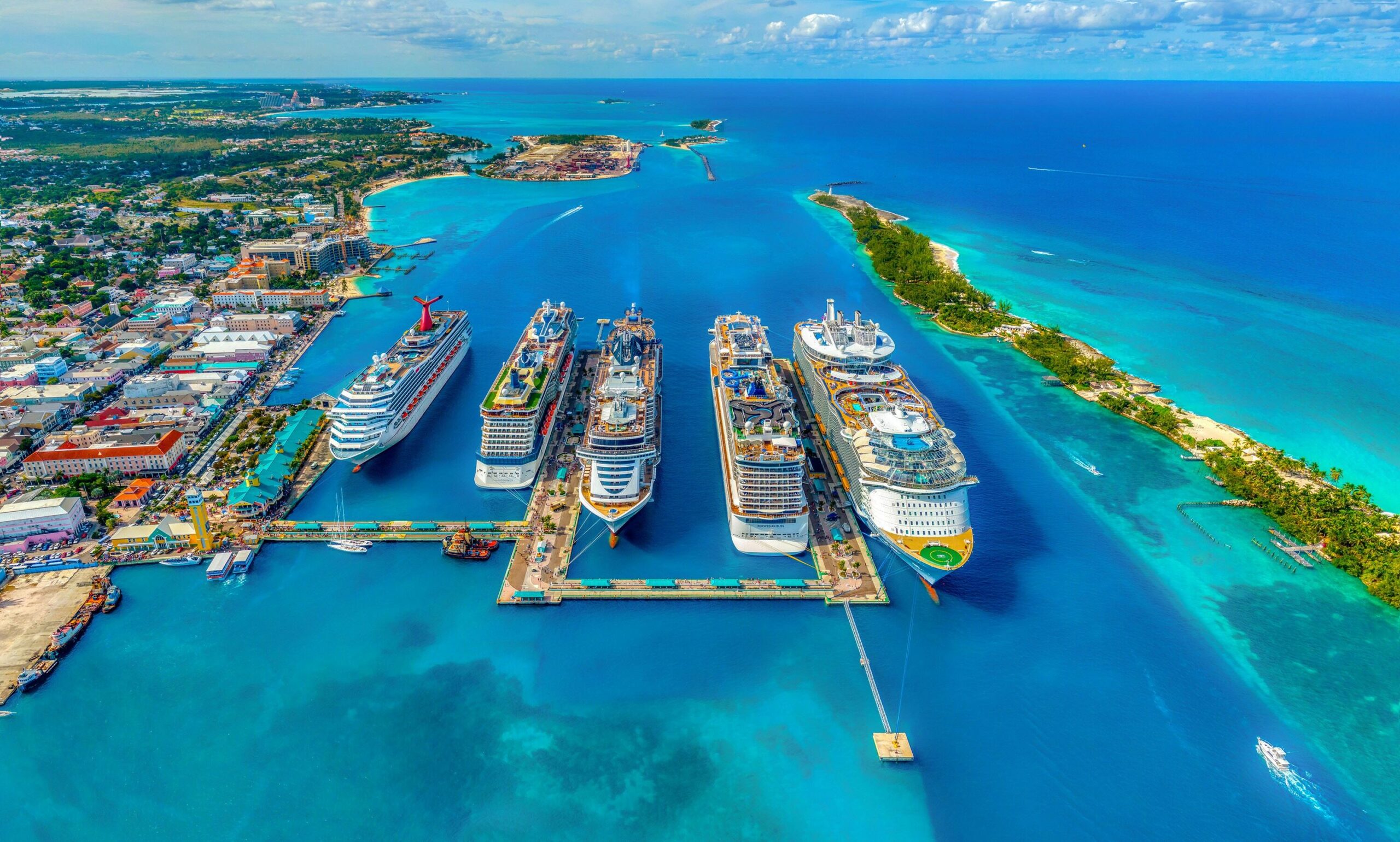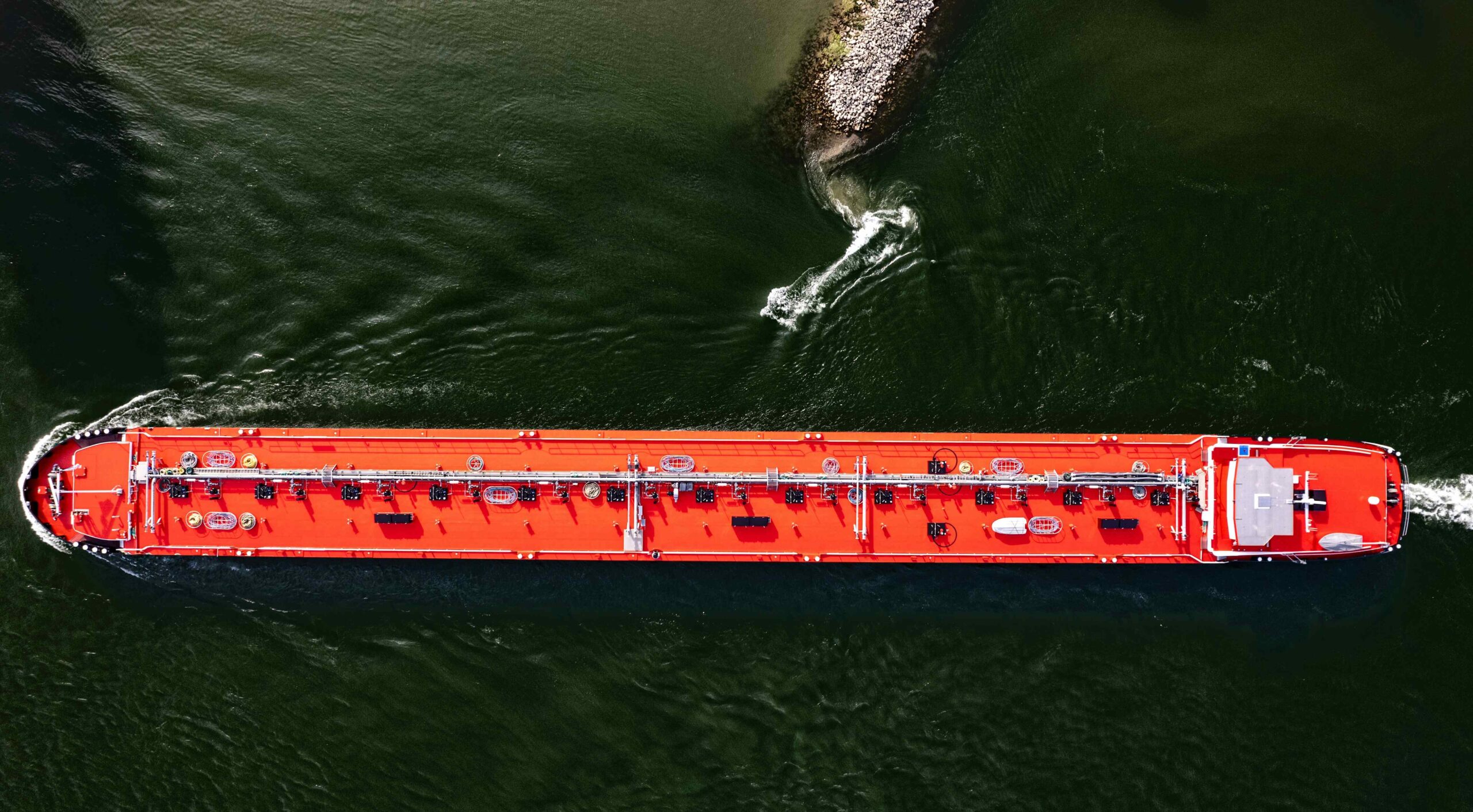Comparative Study of Bunker Fuel Grades: ISO 8217 Standards
Introduction Bunker fuels are indispensable for the maritime sector, serving as the primary energy source for vessel propulsion and onboard operations. The International Organization for Standardization (ISO) meticulously defines bunker fuel specifications through ISO 8217 standards to ensure safety, efficiency, and environmental responsibility.
Lifecycle Analysis of Bunker Fuel from Crude Oil to Combustion
Introduction Bunker fuel, essential for powering maritime vessels, undergoes a complex lifecycle from extraction as crude oil to combustion in ship engines. Understanding this lifecycle is crucial for assessing its environmental impact, from greenhouse gas emissions to other pollutants released during extraction, refining,
Bunker Fuel Blending Techniques for Optimal Performance
Introduction Bunker fuel blending is a critical process in the maritime industry, aimed at achieving fuels that meet specific performance, regulatory, and economic requirements. Blending involves combining different grades of fuel oils and additives to enhance fuel properties such as viscosity, density, sulfur
The Role of Additives in Improving Bunker Fuel Performance
Introduction Bunker fuels are essential for powering maritime vessels, providing the necessary energy for propulsion and onboard operations. However, the quality and performance of bunker fuels can vary significantly, impacting efficiency, emissions, and overall operational costs. Additives play a crucial role in improving
Desulfurization Technologies in Bunker Fuel Refining
Introduction Desulfurization is vital in bunker fuel refining to meet strict environmental regulations by reducing sulfur content. High sulfur levels in bunker fuels lead to harmful sulfur oxide emissions, contributing to acid rain and air pollution. This article explores various desulfurization technologies used
Refining Processes for Bunker Fuel Production
Introduction Bunker fuels are crucial for powering maritime transport and are produced through intricate refining processes. These processes transform crude oil into various grades of marine fuel, ensuring quality, efficiency, and adherence to environmental standards. This article examines the refining processes involved in
The Chemistry of Bunker Fuels: Composition and Properties
Introduction Bunker fuels, also known as marine fuels, are the lifeblood of the shipping industry, powering the vast majority of the world’s merchant fleet. Understanding their chemistry is crucial for optimizing their use and minimizing environmental impact. This article delves into the composition
Cost-Benefit Analysis of Different Marine Fuel Types
As the maritime industry grapples with stringent environmental regulations and the push towards sustainability, the choice of marine fuel has become a critical decision for ship operators. Different fuel types offer varying benefits and challenges in terms of cost, compliance, and environmental impact.
Bunker Fuel Consumption Trends in Cruise Industry
The cruise industry, renowned for providing luxurious experiences across the globe, faces increasing scrutiny over its environmental impact, particularly concerning bunker fuel consumption. As the demand for cruising continues to grow, the industry is compelled to adopt more sustainable practices and improve fuel
Technological Disruptions in Bunker Fuel Monitoring Systems
In the dynamic world of maritime transport, the evolution of bunker fuel monitoring systems represents a crucial advancement towards enhanced efficiency, regulatory compliance, and environmental stewardship. This article explores the technological disruptions in bunker fuel monitoring systems, examining their impact on the shipping










